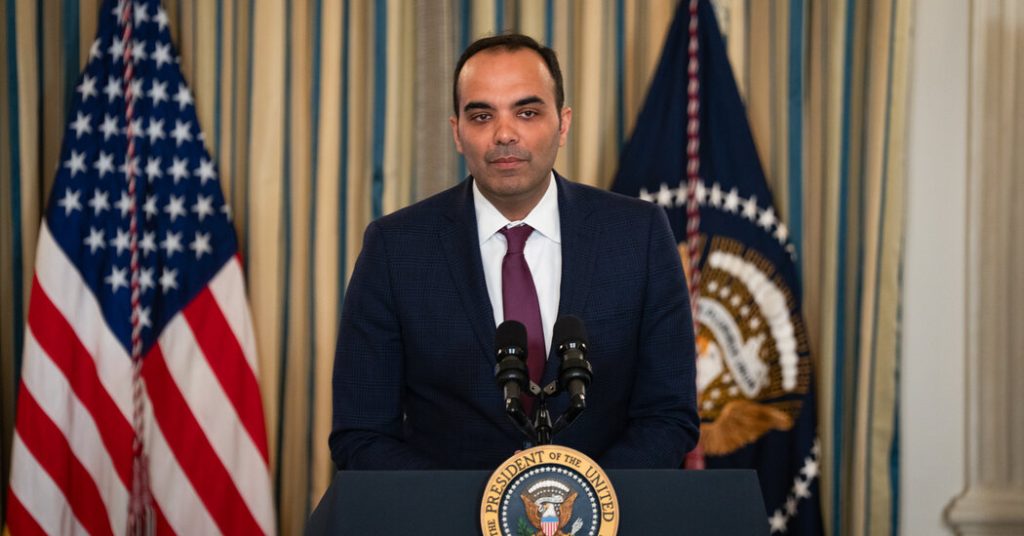Summarize this content to 2000 words in 6 paragraphs The director of the Consumer Financial Protection Bureau, Rohit Chopra, was fired on Saturday, prematurely ending a five-year term that was scheduled to run through late 2026.“With so much power concentrated in the hands of a few, agencies like the C.F.P.B. have never been more critical,” Mr. Chopra wrote in a letter he posted on social media announcing his departure.Mr. Chopra expected to be fired immediately after President Trump took office, but he improbably hung on for nearly two weeks, even as the president ousted scores of other agency leaders. He used that time to impose a $2 million fine on a money transmitter and release reports on auto lending costs, specialty credit reporting companies and rent payment data.When Congress created the consumer bureau in 2011 — to increase oversight of mortgage loans and other financial products in the aftermath of the Great Recession — it included guardrails to protect the agency’s independence and shield it from shifting political tides. But the Supreme Court ruled in 2020 that the president was free to fire the agency’s director without cause, which cleared the way for the bureau’s leadership to change with each presidential administration.Mr. Chopra was a scourge of Wall Street, known for his aggressive approach to enforcing consumer protection laws and expanding their boundaries by issuing new rules. He led a crackdown that prompted most large banks to abandon or significantly reduce overdraft fees, and he ordered Wells Fargo to pay $2 billion in 2022 to customers harmed by its misdeeds, which included improperly seizing some borrowers’ cars and homes.Mr. Chopra was especially focused on tightening the rules governing large technology companies’ consumer payment services and use of customer data, an effort that drew praise from banking trade groups. But those groups fiercely opposed many of his other actions, often tying them up in years of litigation.As part of a Biden administration crusade against “junk fees,” Mr. Chopra issued a rule last year to limit most credit card late-payment fees to no more than $8 per month. Banking trade groups sued and won an injunction temporarily blocking it. The consumer bureau has fought the lawsuit, but a new director could choose to end that opposition and curtail or abandon the rule.During President Trump’s first term, he installed an acting bureau director — Mick Mulvaney, who later served as his acting chief of staff — who sought to cut off the agency’s funding and cripple its enforcement efforts. He was succeeded by Kathleen Kraninger, who issued rules that gutted Obama-era regulations, including one that would have sharply curtailed payday lending. Former President Joseph R. Biden Jr. ousted Ms. Kraninger immediately upon taking office.The bureau will be run by Zixta Martinez, its deputy director, until Mr. Trump chooses a new acting leader. Financial industry officials expect the agency to pare back its oversight, issue fewer new regulations and freeze or rescind some of those imposed by Mr. Chopra.He used his departure letter, addressed to Mr. Trump, to pitch the bureau as a prospective partner in enacting consumer protections that the president has spoken of endorsing. On the presidential campaign trail, Mr. Trump said he would temporarily limit credit card interest rates to 10 percent.“We also have analyzed your promising proposal on capping credit card interest rates, and we see a path for enacting meaningful reforms,” Mr. Chopra wrote.
Keep Reading
Subscribe to Updates
Get the latest creative news from FooBar about art, design and business.
© 2025 Globe Timeline. All Rights Reserved.


